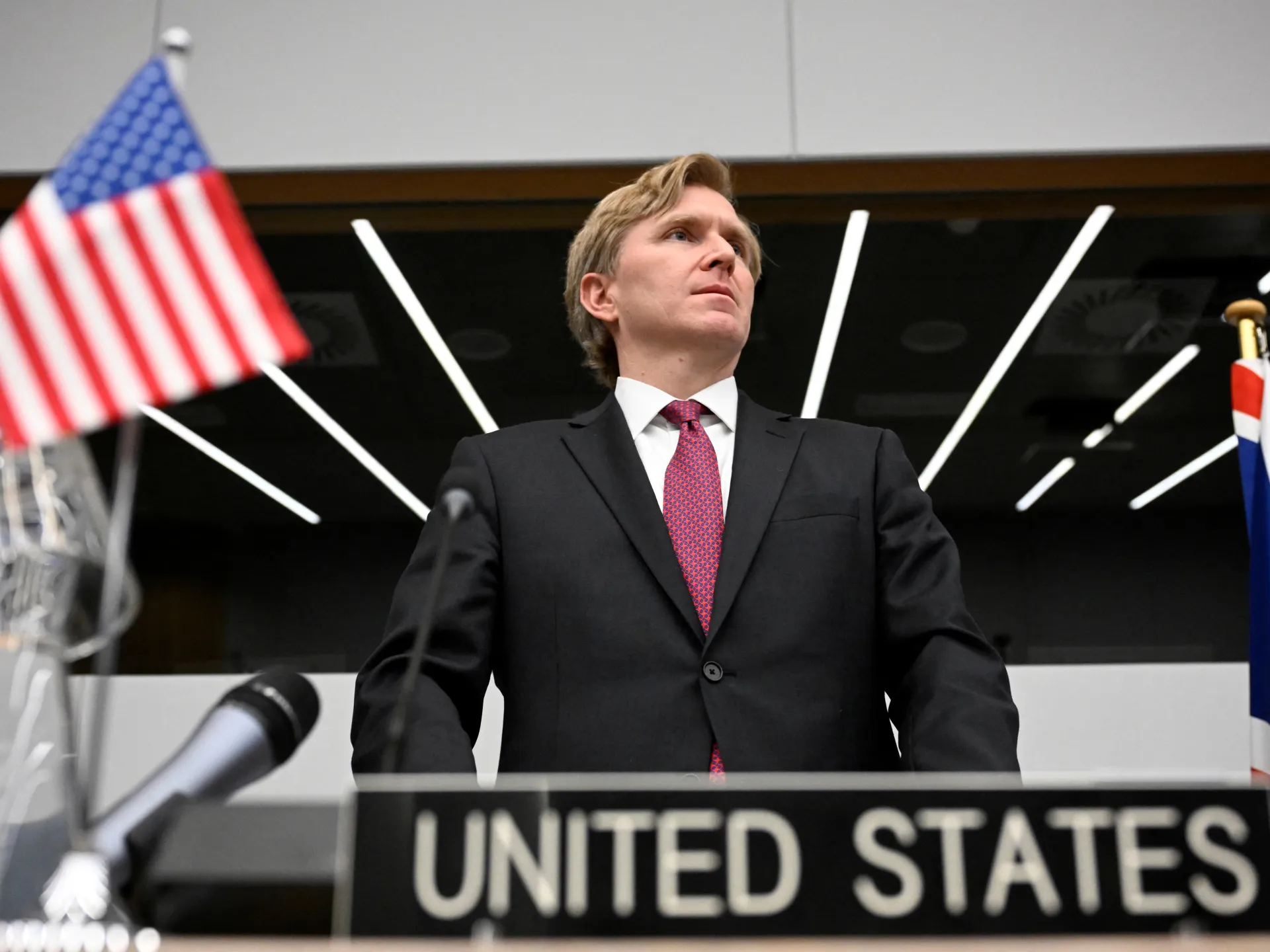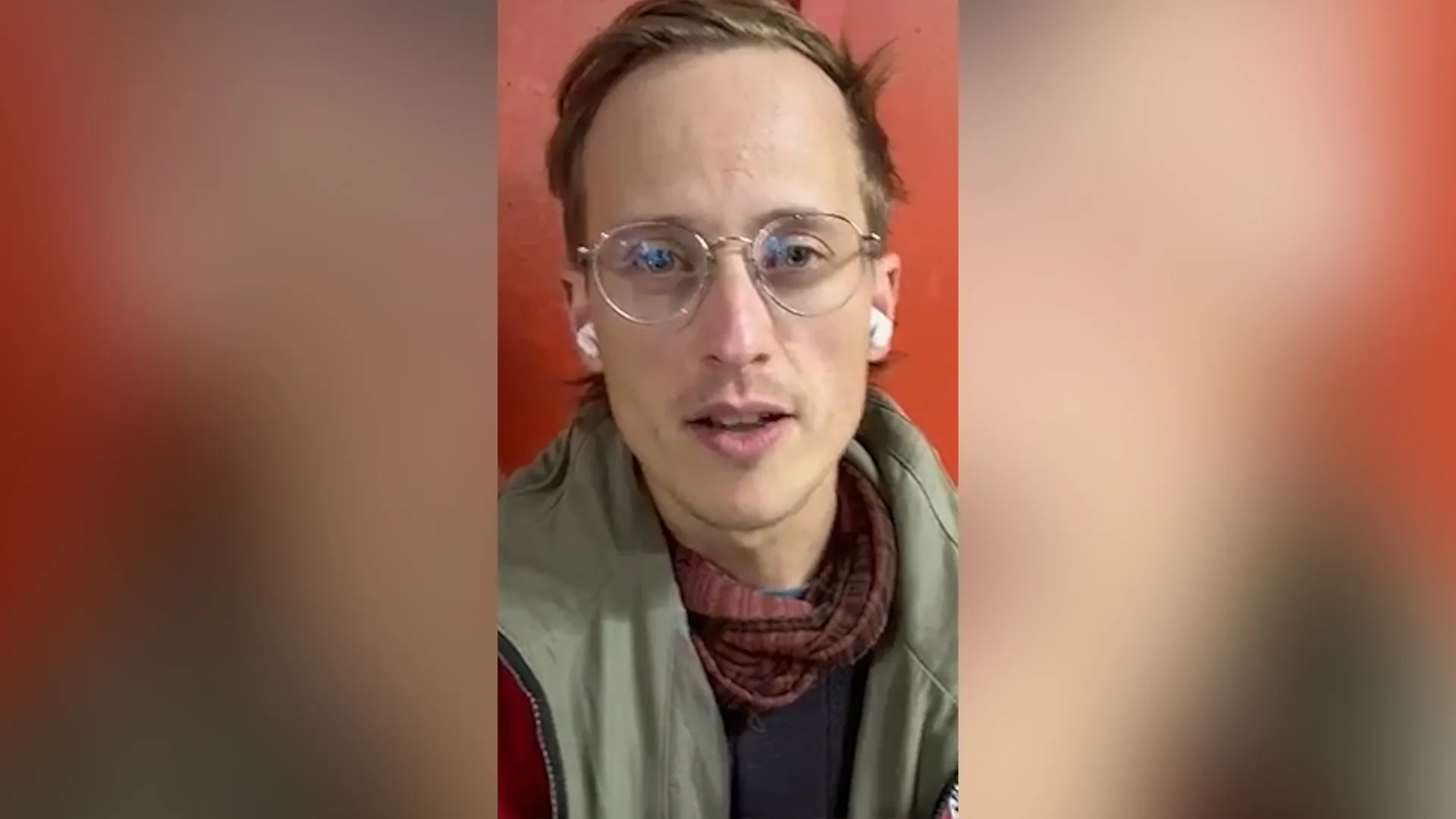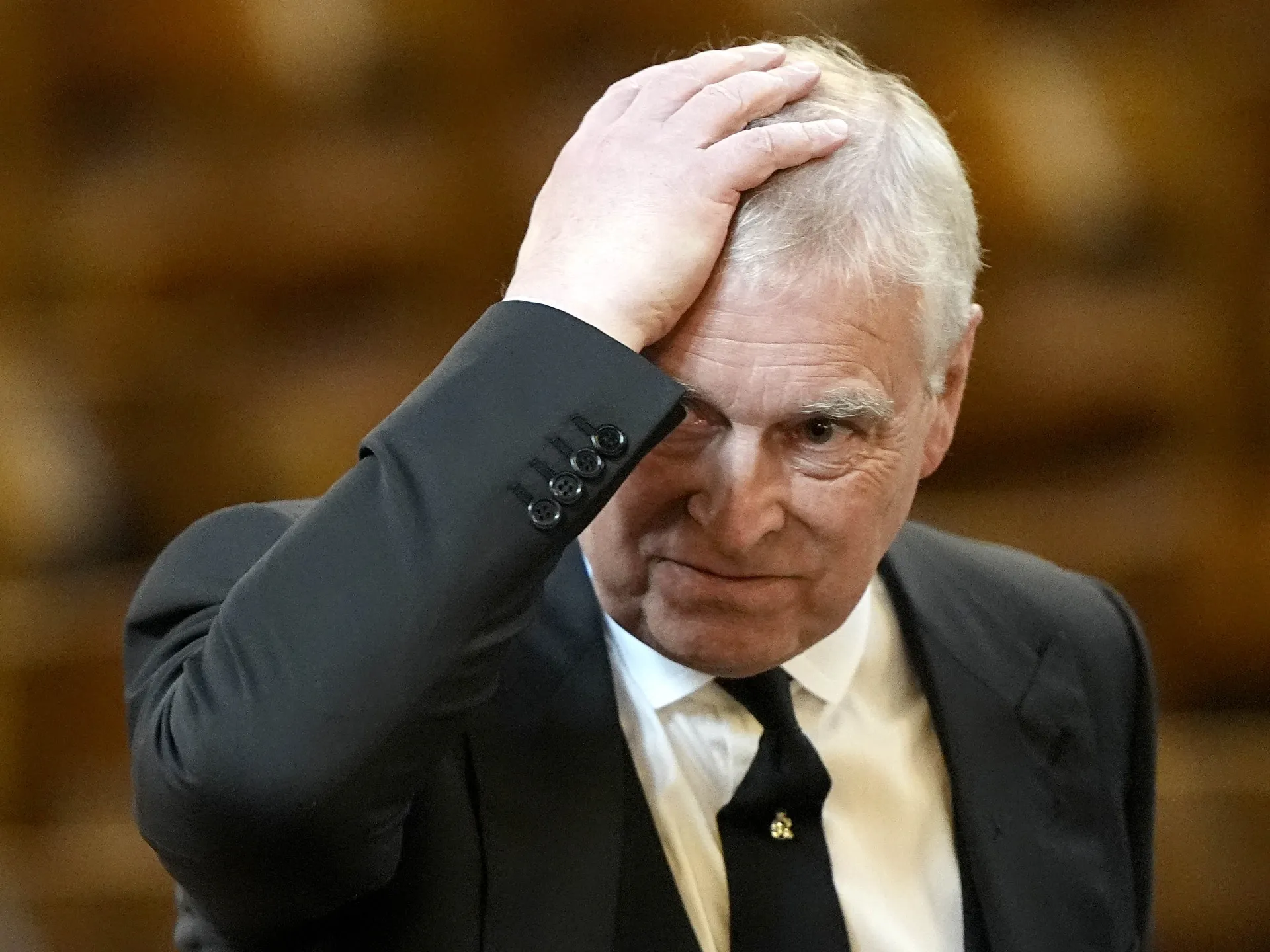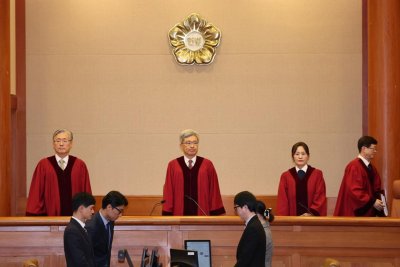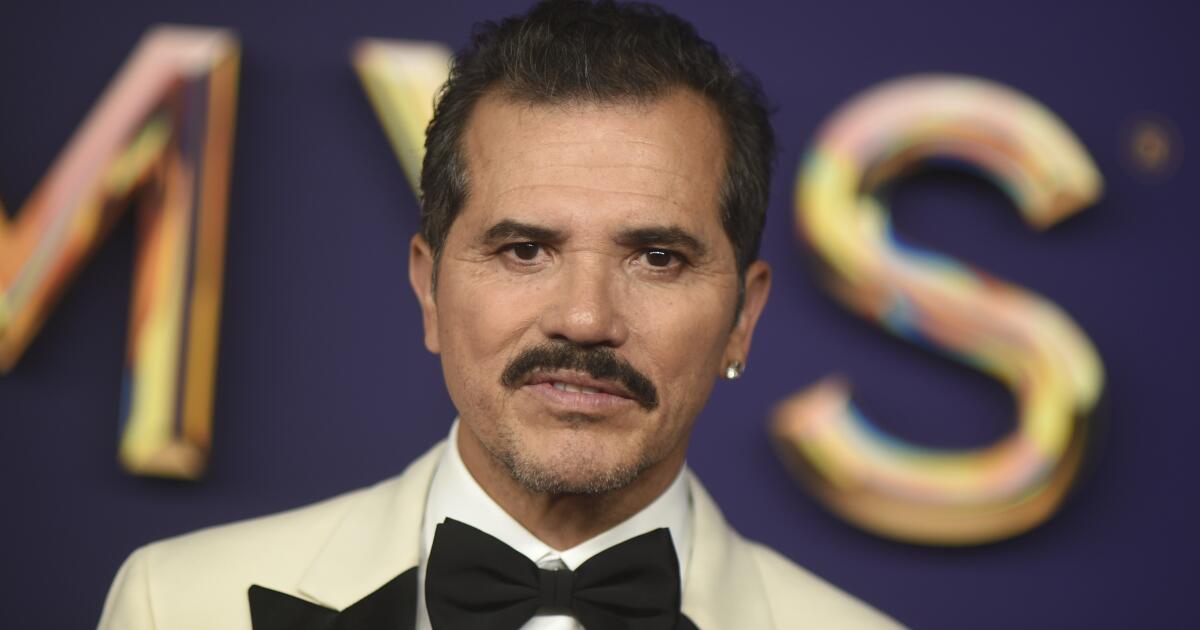The NHS has issued crucial advice for anyone planning to travel abroad this year
The NHS has issued an important reminder for anyone planning international travel, emphasising that heeding this advice could prove life-saving. And it may be best to carry out a quick check at least eight weeks before your holiday.
On its website, the health service states: “If you’re planning to travel outside the UK, you may need to be vaccinated against some of the serious diseases found in other parts of the world.”
The NHS guidance continues: “Vaccinations are available to protect you against infections such as yellow fever, typhoid and hepatitis A. In the UK, the NHS routine immunisation (vaccination) schedule protects you against a number of diseases, but does not cover all of the infectious diseases found overseas.”
It takes just a few seconds to check whether you need a booster from your GP or whether your travel destination requires specific vaccinations.
Six to eight weeks
You should consult your GP or a private travel clinic between six and eight weeks before departure. Certain vaccines require time to become effective, while others necessitate several doses administered across multiple weeks.
Additional protection may be needed if you’re backpacking, camping, exploring rural locations, or going on an extended journey. People with pre-existing health conditions may also be more vulnerable to travel-related illnesses.
Which travel vaccines do I need?
It’s advisable to consult the Travel Health Pro website to determine which immunisations are necessary for your journey. Certain nations mandate an International Certificate of Vaccination or Prophylaxis (ICVP) for entry or departure. You should also keep a record of your vaccinations with you whilst travelling.
Where to get a vaccine?
Check with your GP practice to ensure your standard UK immunisations are up to date. They can also provide guidance on matters such as malaria prevention.
Alternatively, you can attend private travel clinics or pharmacies for specialist injections. Not all travel vaccinations are provided free of charge on the NHS.
If payment is required, request a written quotation for the complete course and any certificate charges.
Free jabs
The following travel vaccines are available free on the NHS from your GP surgery:
- polio (given as a combined diphtheria/tetanus/polio jab)
- typhoid
- hepatitis A
- cholera
The NHS says: “These vaccines are free because they protect against diseases thought to represent the greatest risk to public health if they were brought into the country.”
Jabs you need to pay for
You’ll have to pay for travel vaccinations against:
- hepatitis B
- Japanese encephalitis
- meningitis
- rabies
- tick-borne encephalitis
- tuberculosis (TB)
- yellow fever
The NHS further explain: “Yellow fever vaccines are only available from designated centres. The cost of travel vaccines that are not available on the NHS will vary, depending on the vaccine and number of doses you need.”
Where are you travelling?
The NHS have addressed some holidaymakers, adding: “If you’re only travelling to countries in northern and central Europe, North America or Australia, you’re unlikely to need any vaccinations. But it’s essential to check that you’re up to date with the routine vaccinations available on the NHS.
Pregnancy and other worries
If you’re pregnant, it’s advisable to consult your GP before getting vaccinated. While most vaccines are safe, professional advice is always recommended depending on where you are going.
In addition, if you have a condition such as HIV or you are undergoing chemotherapy, or have had a transplant, certain vaccines may not be appropriate for you.
Other things you need to know
There are other things to consider when planning your travel vaccinations, including:
- your age and health – you may be more vulnerable to infection than others; some vaccines cannot be given to people with certain medical conditions
- working as an aid worker – you may come into contact with more diseases in a refugee camp or helping after a natural disaster
- working in a medical setting – a doctor, nurse or another healthcare worker may require additional vaccinations
- contact with animals – you may be more at risk of getting diseases spread by animals, such as rabies
